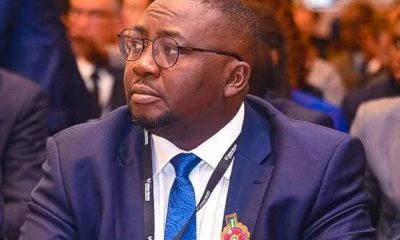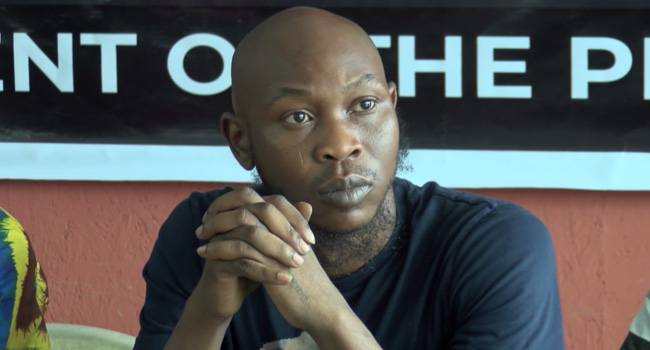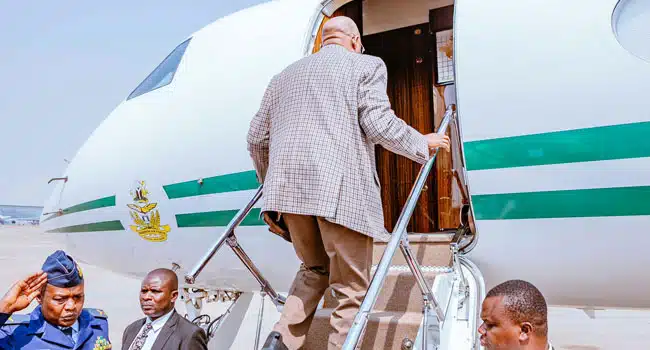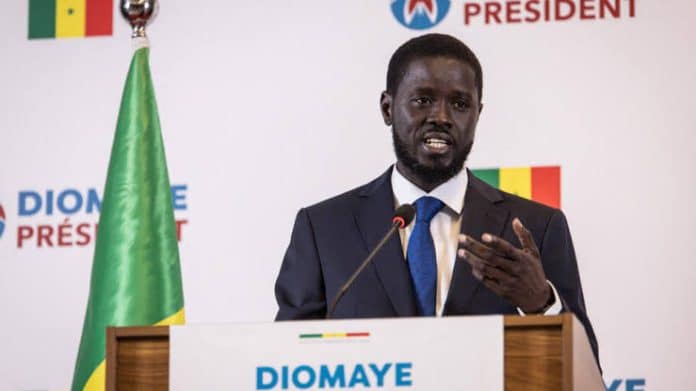Africa
Longest-Serving African Leaders: Top 10 (Elected and Monarchs)
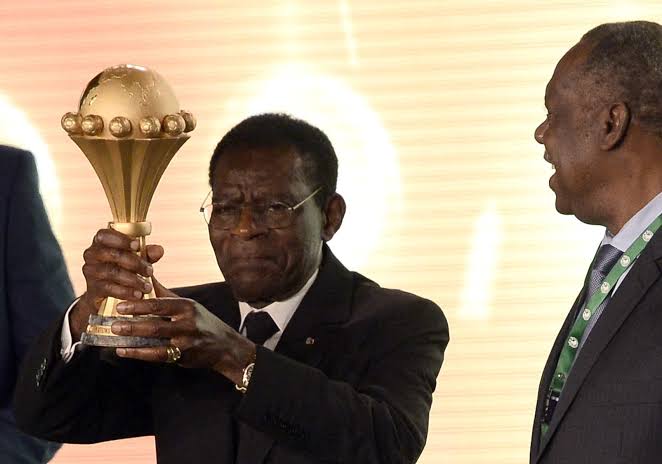
Eko Hot Blog reports that Africa is home to some of the longest-serving leaders in the world. This article lists the top 10 longest-serving African leaders, both elected and monarchs. The list is based on the length of time each leader has been in power, as of March 8, 2023.
EDITOR’S PICKS
-
Tinubu To Leave Nigeria On Monday To Attend G-20 Summit In India
-
Simon Ekpa Gives FG Ultimatum On Kanu, Declares Curfew
-
‘Naira Will Bounce Back, Stronger Than Dollar’ – Adeboye
The list also includes two monarchs: King Mswati III of Eswatini (37 years) and Mohammed VI of Morocco (24 years).
1. Teodoro Obiang Nguema Mbasogo of Equatorial Guinea (44 years, in power since August 3, 1979)
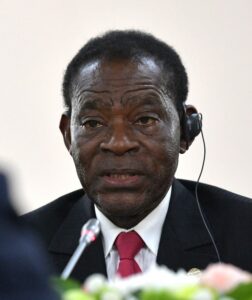
Teodoro Obiang Nguema Mbasogo, currently the second president of Equatorial Guinea, has held this position since August 1979. He holds the record as the longest-serving president in Africa and in any country worldwide. His ascent to power came through a military coup in August 1979, where he ousted his uncle, Francisco Macías Nguema.
2. Paul Biya of Cameroon (41 years, in power since November 6, 1982)
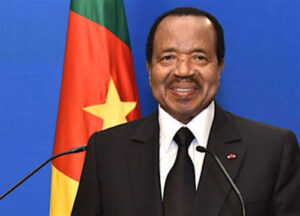
Paul Biya has been Cameroon’s president since November 6, 1982. He ranks as the second-longest-serving president in Africa and is among the world’s oldest presidents. His rule receives support from France, one of Cameroon’s former colonial powers, which provides weaponry, aid, and military training.
3. Denis Sassou Nguesso of the Republic of the Congo (39 years, in power since March 21, 1997, and previously 1979 – 1992)
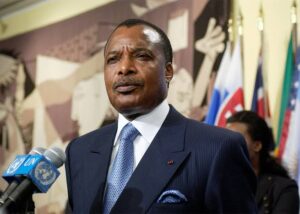
President Denis Sassou Nguesso of the Republic of the Congo has spent a total of 34 years in office, not continuously. He first served from 1979 to 1992 and returned in 1997 following a civil war. He is Africa’s third-longest-serving president.
4. Yoweri Museveni of Uganda (37 years, in power since January 26, 1986)
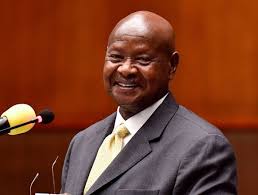
Yoweri Museveni has held the presidency in Uganda since January 1986, making him the fourth longest-serving African president. He came to power after winning the war that ousted Ugandan presidents Milton Obote and Idi Amin. Reports indicate concerns about the transparency of Ugandan elections since Museveni’s rise to power.
5. King Mswati III (37 years, in power since 25 April 1986)
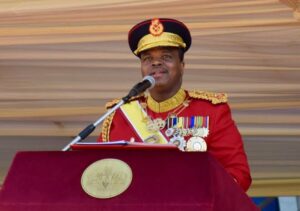
King Mswati III, who leads Eswatini (formerly Swaziland) and the Swazi royal family, was crowned in 1986 at the age of 18, becoming the world’s youngest king at the time.
6. Isaias Afwerki of Eritrea (30 years, in power since May 24, 1993)
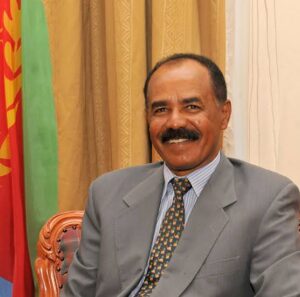
Isaias Afwerki is Eritrea’s first president, holding office since Eritrea gained independence from Ethiopia in April 1993. He ranks as the sixth longest-serving president in Africa.
7. Letsie III (27 years, in power since 1997)
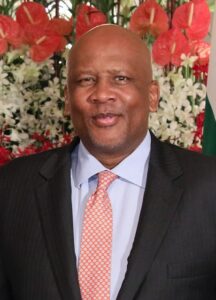
Letsie III is the current King of Lesotho, in power for 27 years. He succeeded his father, Moshoeshoe II, following his death in a car accident in 1996. King Letsie’s role in Lesotho is largely ceremonial as a constitutional monarch.
8. Ismaïl Omar Guelleh (24 years, in power since May 1977)
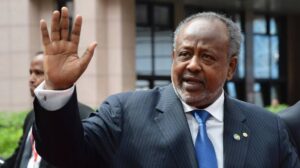
Ismaïl Omar Guelleh is Djibouti’s current President, serving since 1999. He is the eighth longest-serving ruler in Africa. Guelleh initially became President in 1999 as the chosen successor to his uncle, Hassan Gouled Aptidon, who had led Djibouti since its independence in 1977.
9. Mohammed VI (24 years, in power since July 1999)
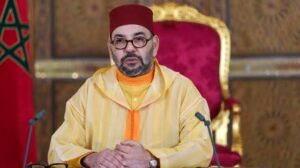
Mohammed VI is the King of Morocco, ascending to the throne on July 23, 1999, upon his father’s, King Hassan II, passing. He ranks as the ninth longest-serving ruler in Africa and is regarded as the seventh most influential Muslim globally in 2022.
10. Paul Kagame (23 years, in power since April 2000)
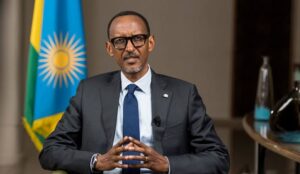
Paul Kagame, the fourth and current president of Rwanda, took office in 2000, making him the tenth longest-serving president in Africa. Kagame had been the de facto leader since 1994, primarily focusing on military matters, foreign affairs, and national security. He assumed the presidency in April 2000 after the resignation of President Bizimungu.
The length of time a leader has been in power is a complex issue with no easy answers. There are many factors that contribute to long-serving leaders, including the political system, the country’s history, and the personality of the leader themselves.
FURTHER READING
-
Abia: PDP Yet To Come To Terms With Opposition Status — LP Chair
-
PDP Wins All 18 LGAs In Edo Council Election (Full Results)
-
Coup: Thousands Protest In Niger’s Capital, Demand Withdrawal Of French Troop (Photos)
The implications of long-serving leaders can also be varied. Some leaders have used their time in power to bring stability and economic development to their countries, while others have abused their power and suppressed dissent.
Ultimately, the impact of long-serving leaders is a matter of debate. However, it is clear that these leaders play an important role in shaping the political landscape of Africa.
Click to watch our video of the week
Advertise or Publish a Story on EkoHot Blog:
Kindly contact us at ekohotblog@gmail.com. Breaking stories should be sent to the above email and substantiated with pictorial evidence.
Citizen journalists will receive a token as data incentive.
Call or Whatsapp: 0803 561 7233, 0703 414 5611


